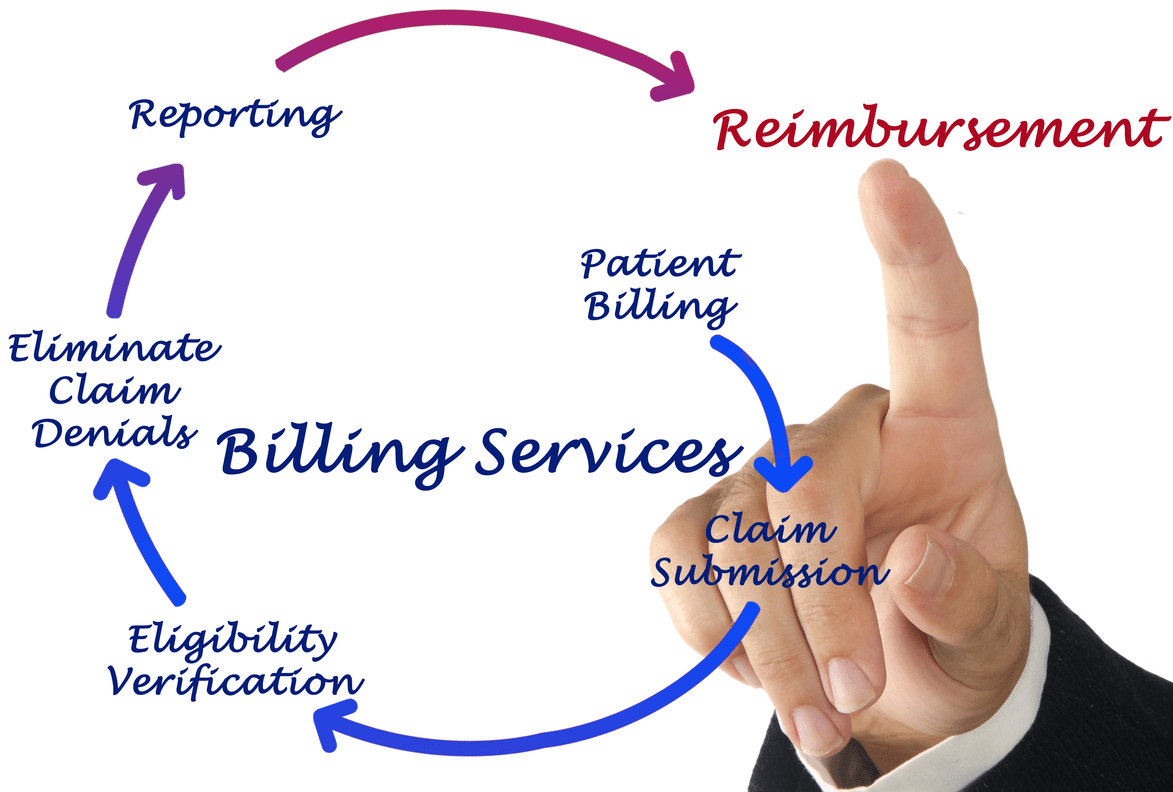Content Attributes
In 2022, it is hard to imagine a public place without free wi-fi. With internet access points all over the place, some users choose to opt out of free data plans and save money by choosing free internet from public wireless access points.

What seems like harmless enjoyment of luxury, brought to us by revolutionary progress in information technologies, has underlying threats that need to be discussed. In this article, we will talk about the dangers of accessing public networks via wi-fi. Throughout the discussion, we will mention internet privacy tools that can block or diminish incoming threats, allowing you to continue enjoying web access without worries.
Among the proxy servers stand supreme, thanks to their flexibility and applicability. For example, if you want to connect to websites that are restricted to Brazil and neighboring regions, you will need a Brazil proxy – an intermediary server with a local IP address. You can use the same Brazil proxy in many different ways: manage fake social media accounts, extract public data from local websites, and verify ads without exposing your IP address.
Check out one of the top providers to get a Brazil proxy right now. For now, let’s dive into the dangers of public servers.
User location tracking
Different hotspots and access points can present different rules and privacy policies for their connections. If you ever encounter a network that requires a sign-up, read the information presented on a loaded page before accessing the web. Some access points can constantly track your location and even look at transmitted packets.
One of the prime examples and violations against user privacy is the mandatory tracking of users connected via wi-fi in London’s Tube network, enforced after a trial in 2016. While the authorities claim that the extracted data follows privacy protection regulations, no user should be tracked. Every citizen has the right to privacy and should be innocent until proven guilty.
Man-in-the-middle-attacks
The biggest danger of public networks is the lack of protection for transmitted data packets. Business-minded individuals that like to work in cafes and other public places often send sensitive information through these networks and become victims of unexpected man-in-the-middle-attacks. The consequences of these cyber crimes vary depending on the intercepted data. It is rarely a good idea to connect to social media networks, bank accounts, and other platforms with sensitive user data.
To avoid these problems and enjoy public networks without danger, you will need a Virtual Private Network (VPN). While presented as the most effective tool for anonymity online, the main purpose of VPNs is the encryption of information traveling via a public network. You can use a VPN with an address close to your location to shield the transmitted information until it reaches the destination.
Effective means of protection
Make no mistake – our goal is not to convince readers to never use public wi-fi again. We want to help you enjoy this luxury without experiencing any downsides. Here are the most effective tools that will help you avoid the danger of public wireless access points.
Proxy servers
At the first glance, proxy servers may seem like a lesser option for already effective VPNs. However while the latter option has an advantage thanks to tunnel encryption, proxies are easy to use. You can choose which portions of a connection are redirected to an intermediary server.
For most casual users, data center proxies are the best option because they offer the smallest dip in internet speed and stable IPs from chosen data centers.
Still, we encourage you to be careful and avoid cheap shortcuts. Even if you do not plan to connect to sensitive websites, avoid public proxies at all costs! There is no way of knowing who is behind a free proxy, as cybercriminals love to use these attractive IPs as a trap for gullible users.
VPNs
As mentioned before VPNs are your best bet for secure connections over public wif-fi. With the market full of legitimate providers, you can choose a remote network and eliminate all of the dangers and unfair policies associated with a hotspot or an access point.
While there is more than one variation of VPNs, each one tries to ensure point-to-point encryption, which is vital for safety on public networks. Proxy servers are much more flexible because you can use multiple addresses at the same time, protecting the information as it travels through the internet but none of these protections will do you any good if the threats are in the network itself.
In conclusion, we want to remind readers that it is not our intent to discourage you from using public wi-fi. This article is a warning about the threats of public networks, which should help internet users recognize them, as well as new variations in the future. Once you know the concerns, you can choose the appropriate tools for solutions and avoid free security software – the common traps for hackers and cybercriminals.



